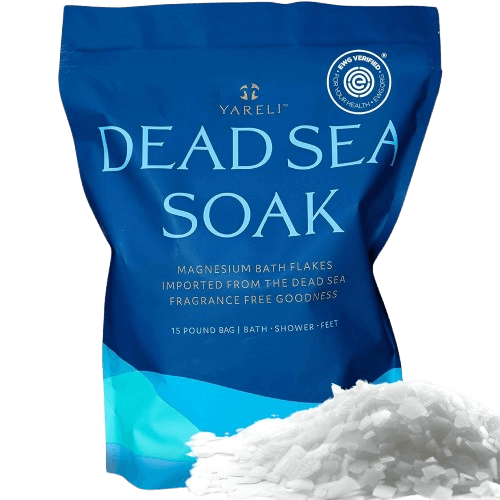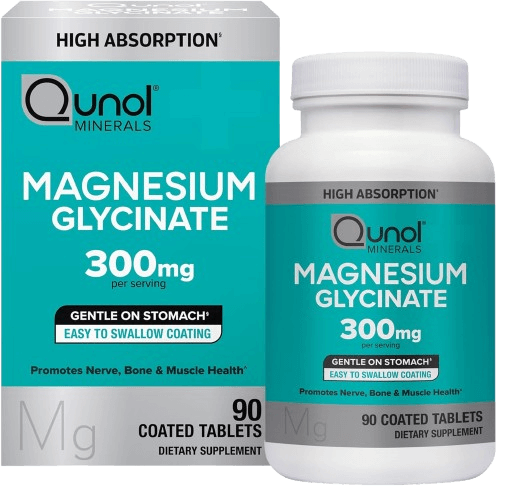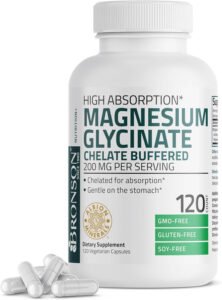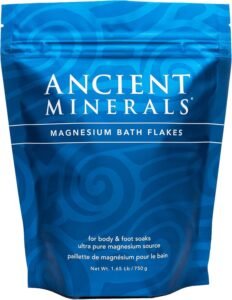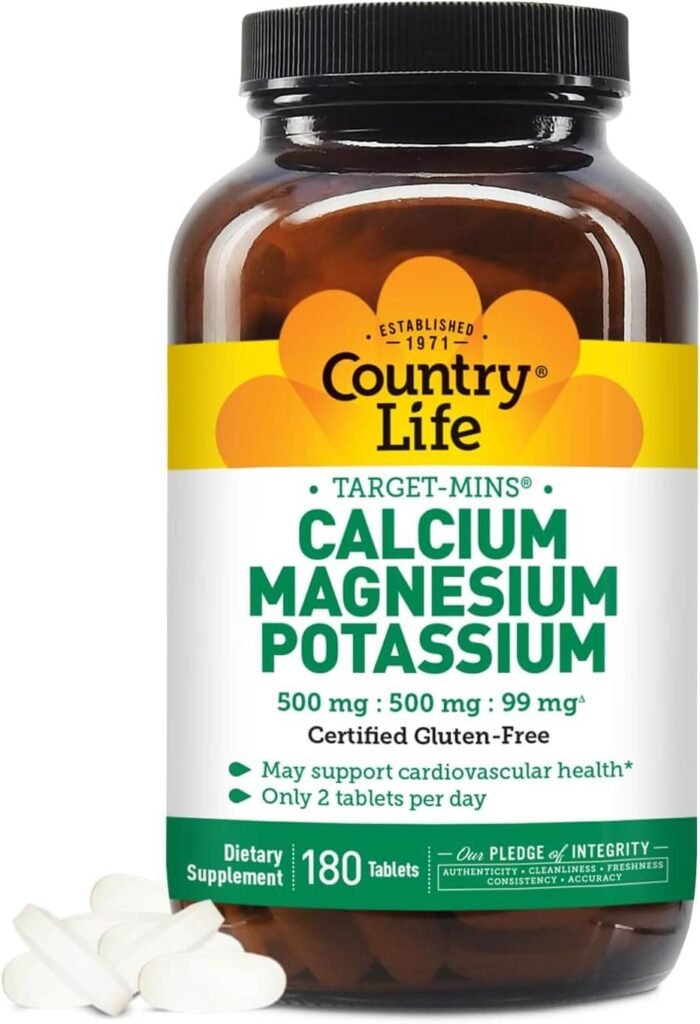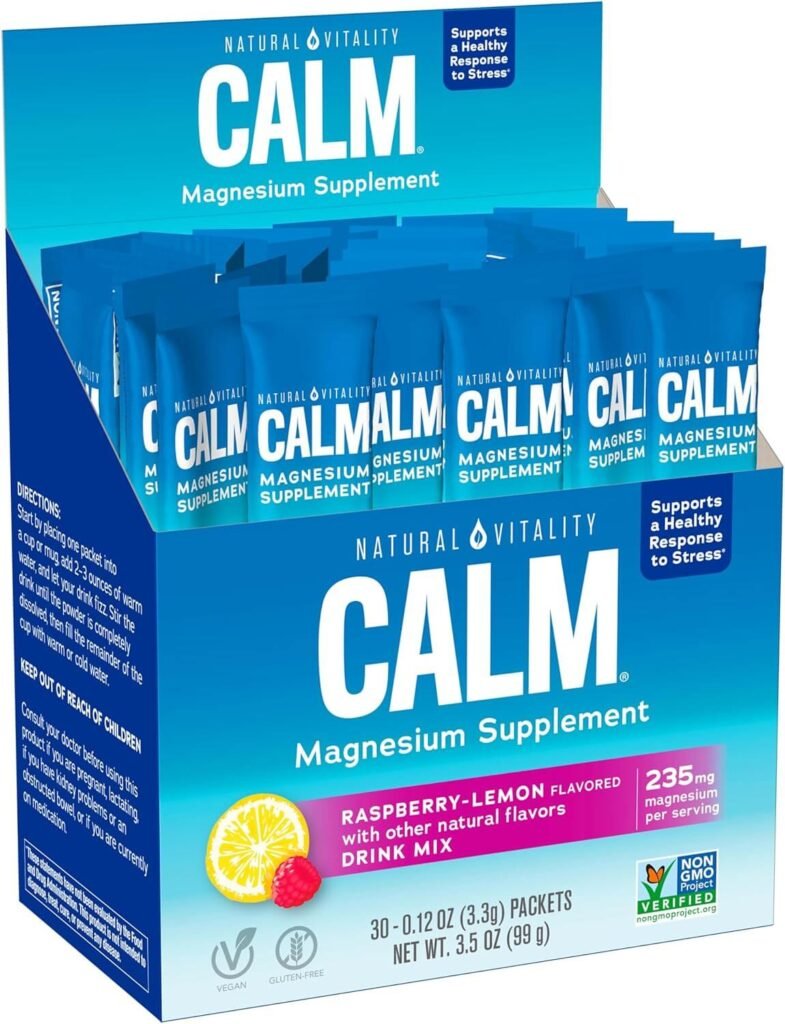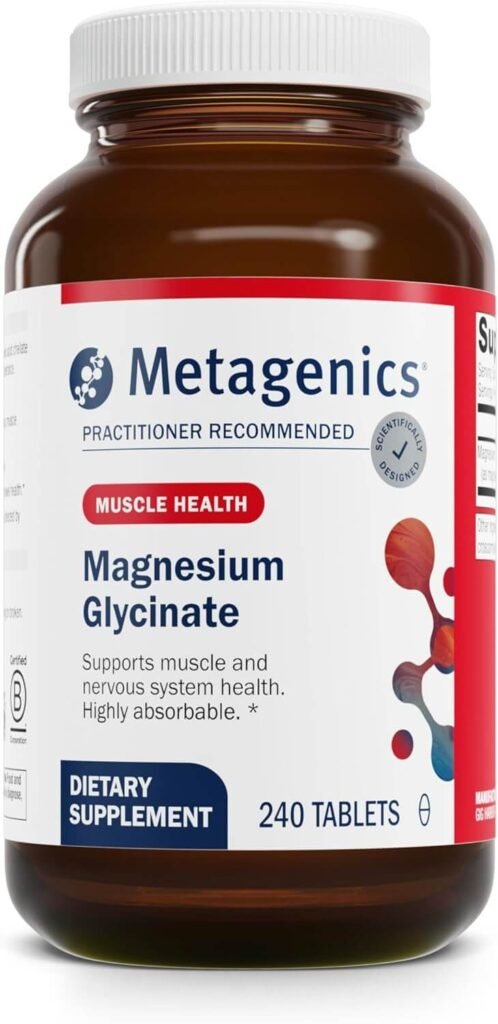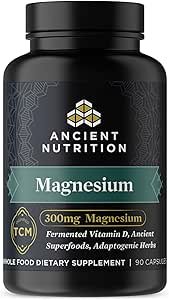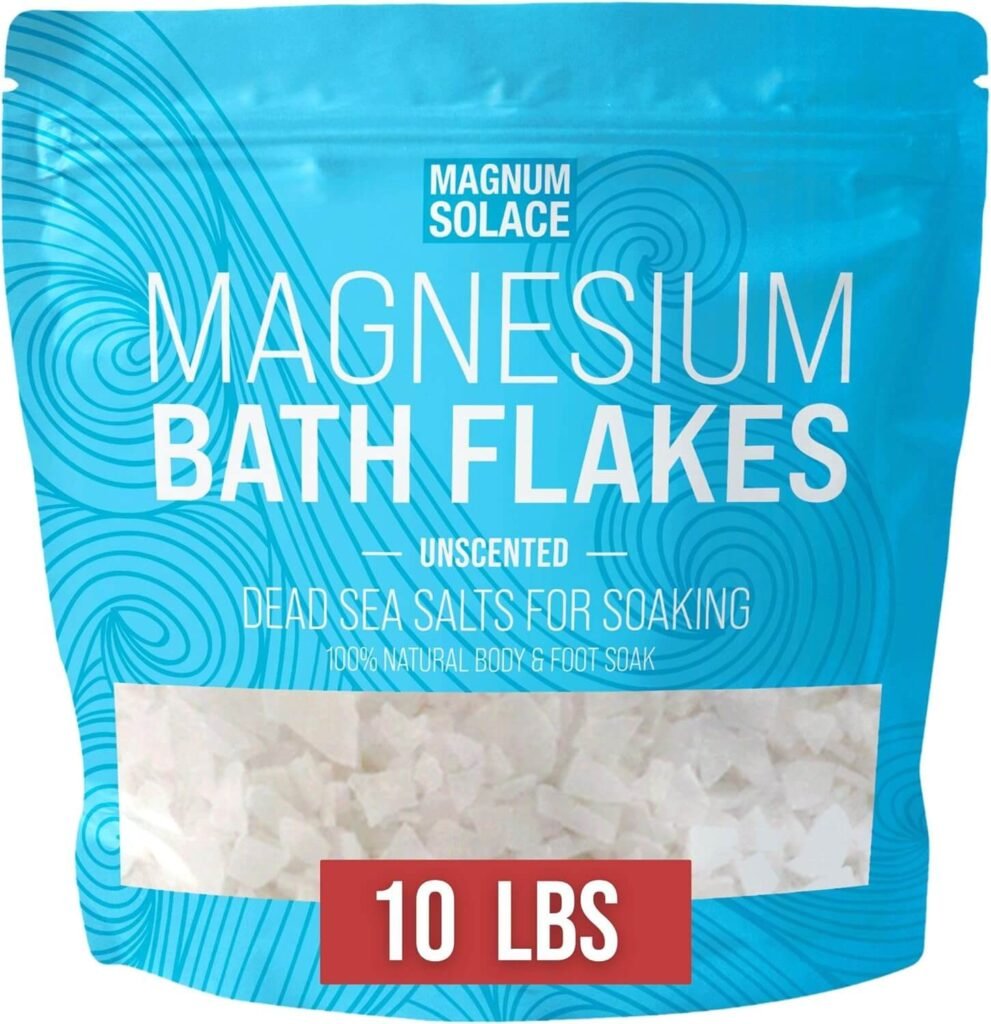Best Magnesium Supplements For Good Health
Support your muscles, mind, and metabolism with the right form of magnesium—your body’s essential mineral for total wellness.
By Staff Writer | Updated: Nov 01, 2025
Magnesium is a mineral your body can’t live without. It’s involved in over 300 enzymatic reactions, influencing everything from energy production and muscle relaxation to nerve function, heart rhythm, and sleep quality. Yet, studies show that many people—especially those with high-stress lifestyles or poor diets—don’t get enough magnesium from food alone.
That’s where magnesium supplements come in. They help bridge the nutritional gap, relieve symptoms of deficiency, and enhance overall well-being. But not all magnesium supplements are created equal—different forms offer unique benefits, and choosing the best one depends on your specific health needs.
Here’s a guide to the best magnesium supplements for good health, along with how they work, who they’re for, and how to use them safely.
Why Magnesium Matters
Magnesium plays a critical role in:
Regulating muscle and nerve function
Supporting heart health and blood pressure
Assisting in energy production
Maintaining strong bones and teeth
Promoting calmness, mood stability, and restful sleep
A magnesium deficiency can lead to symptoms like muscle cramps, fatigue, anxiety, poor sleep, headaches, irregular heartbeat, and even insulin resistance.
Top Magnesium Supplements and Their Benefits
1. Magnesium Glycinate
Best For: Anxiety, sleep, muscle relaxation
Why it’s great: This highly absorbable form is bound to glycine, an amino acid with calming effects. It’s gentle on the stomach and perfect for promoting relaxation without causing diarrhea.
Benefits:
Reduces stress and anxiety
Improves sleep quality
Eases muscle tension and cramps
Helps manage PMS symptoms
2. Magnesium Citrate
Best For: Constipation, muscle cramps, general use
Why it’s great: Magnesium citrate is a popular, well-absorbed form that also works as a gentle natural laxative, making it ideal for those with occasional constipation or sluggish digestion.
Benefits:
Relieves constipation
Supports digestion
Eases muscle soreness and post-exercise recovery
Affordable and widely available
3. Magnesium Threonate
Best For: Cognitive health, memory, focus
Why it’s great: Unlike other forms, magnesium threonate can cross the blood-brain barrier, directly affecting brain function. It’s a smart choice for students, professionals, and older adults seeking cognitive support.
Benefits:
Enhances memory and learning
Supports mental clarity and focus
May help with age-related cognitive decline
Promotes restful, brain-calming sleep
4. Magnesium Malate
Best For: Energy production, muscle fatigue, fibromyalgia
Why it’s great: This form combines magnesium with malic acid, which is naturally found in fruits and supports cellular energy production.
Benefits:
Reduces muscle fatigue
Supports chronic pain conditions
Boosts overall energy levels
Gentle on the digestive system
5. Magnesium Taurate
Best For: Heart health, blood pressure, anxiety
Why it’s great: Magnesium taurate combines magnesium with taurine, an amino acid that helps regulate heartbeat and blood pressure. Ideal for those managing cardiovascular health or stress.
Benefits:
Helps maintain a healthy heart rhythm
Lowers blood pressure naturally
Calms the nervous system
Reduces palpitations and restlessness
6. Magnesium Oxide
Best For: Occasional constipation
Why it’s great: This form contains a high amount of elemental magnesium but is less bioavailable, making it more useful as a laxative than a daily supplement.
Benefits:
Relieves constipation quickly
Good for short-term digestive relief
Less ideal for long-term supplementation
Signs You May Need a Magnesium Supplement
Frequent muscle cramps or spasms
Trouble sleeping or restless legs
Low energy or chronic fatigue
High stress or anxiety
Headaches or migraines
Constipation or digestive sluggishness
Irregular heartbeat or high blood pressure
How to Choose the Right Magnesium Supplement
Look for highly absorbable forms like glycinate, citrate, or threonate
Check for third-party testing and clean ingredient labels
Choose capsules, powders, or liquid forms based on preference and digestion
Avoid products with unnecessary fillers or artificial additives
Dosage & Safety Tips
General adult dosage: 200–400 mg per day
Take with food to reduce the chance of stomach upset
Avoid taking too much, as it can cause loose stools or digestive discomfort
Always consult your doctor if you have kidney disease, heart conditions, or are taking medications (especially diuretics or antibiotics)
From better sleep and mood balance to stronger muscles and a healthier heart, magnesium plays a foundational role in almost every system of your body. If you’re feeling tired, tense, or off-balance, a quality magnesium supplement may be just what your body needs to restore calm, energy, and health.
Choose the right form, stay consistent, and let magnesium do its quiet magic—inside and out.
